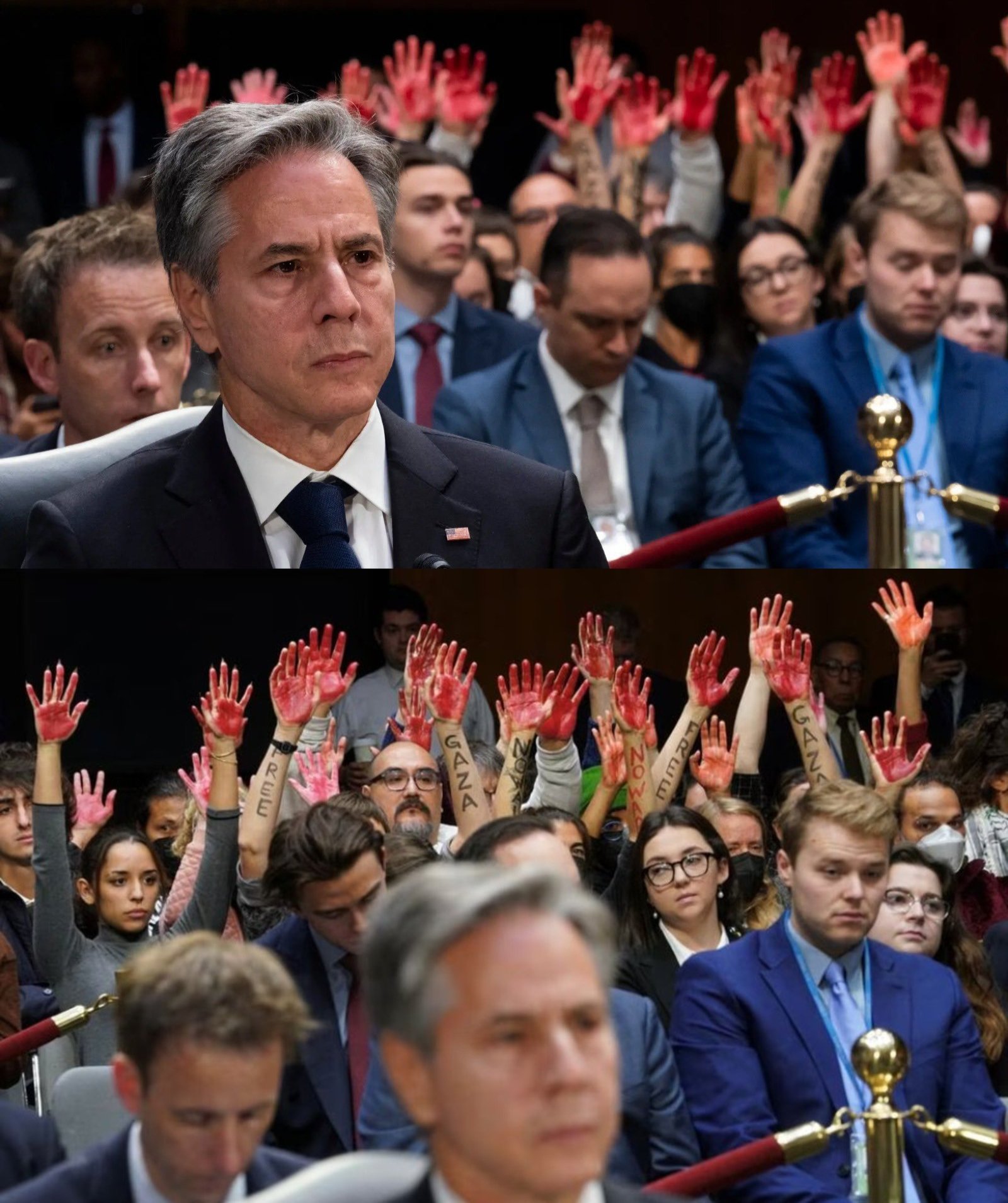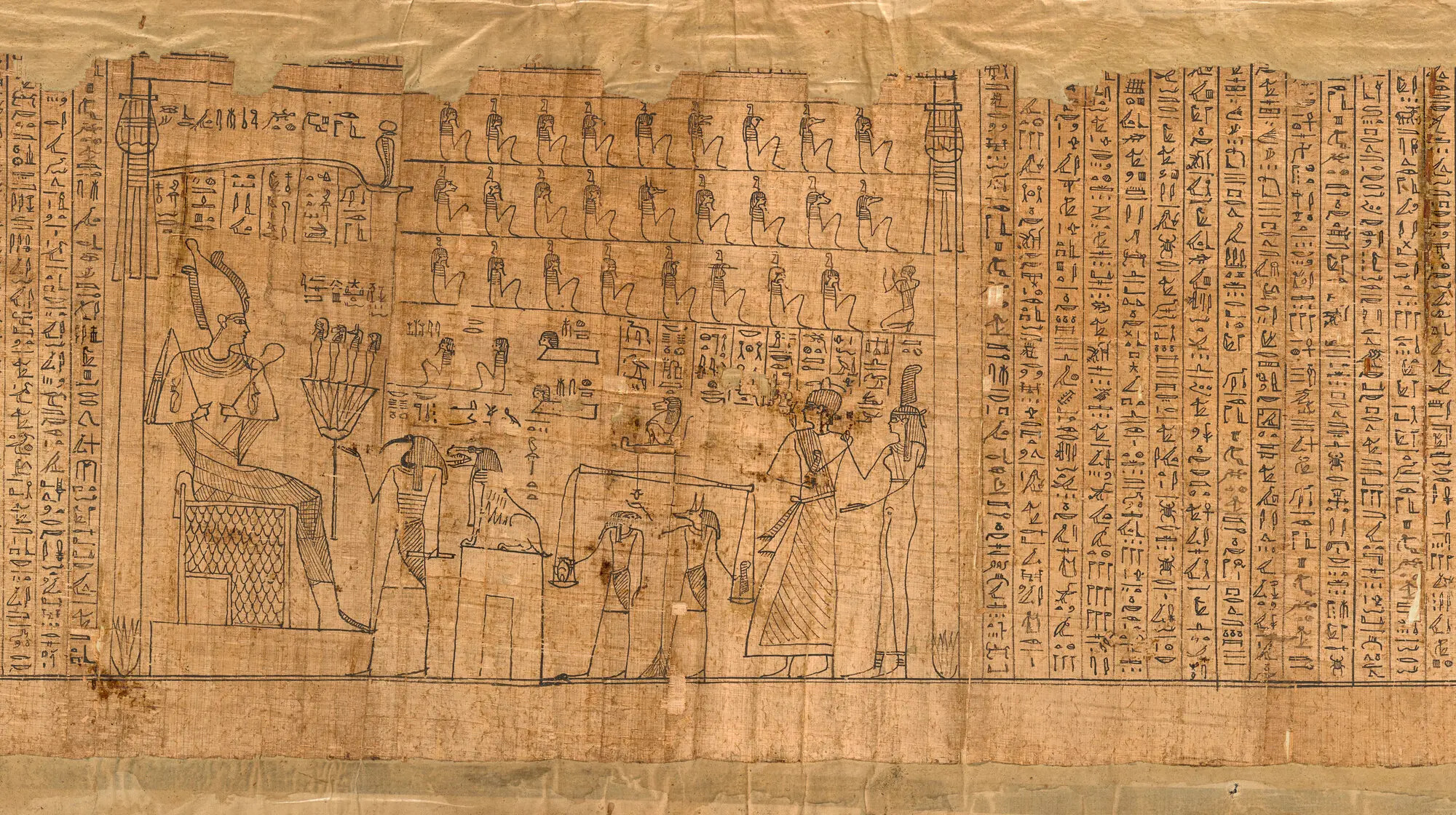Researched by: Rachel John, Nirmal Bhansali, Aarthi Ramnath & Anannya Parekh
Israel-Palestine war: The latest update
We look at the larger geopolitical impact of the Jabalia air strike in the Big Story. Below are the rest of the headlines. For more context on the Israel-Palestine war, check out our two-part series on the Hamas attack on Israel: part one lays out the Hamas offensive and failures of Israeli intelligence; part two explains the big picture—and Hamas’ motive driving what seems like a suicidal attack. Also read: our Big Story on the ground offensive by Israel, which will decide the fate of Gaza and the power balance in the Middle East.
Safe passage for foreigners: Thanks to a deal brokered between Egypt, Qatar, Israel and the US, more than 400 foreign nationals left Gaza across the Egyptian border. There are thousands of foreigners—mostly of Palestinian origin—who are stuck in Gaza. The first batch did not include many US citizens—who are complaining of being abandoned by their government:
The American Embassy and the State Department haven't called us since the last time we went to the border and got bombed four times. They haven't been communicating with us or doing anything to get us out…It's like they're holding us hostages — not Hamas holding us hostages — it's the IDF soldiers, Egypt and America. They're using us as a human shield in a way.
You can see scenes from the crossing below. (Al Jazeera)
A second blackout: Palestinian telcom announced that all phone and internet services are down… again. And Gaza residents remain cut off as of now. Everything went black soon after Israel struck the Jabaliya refugee camp—cutting off information and images about the casualties. Reminder: Gaza endured a 36-hour blackout soon after the Israelis initiated their ground invasion. (VOA News)
About those protests: Belgian unions refused to handle arms shipments to Israel—saying loading or unloading these weapons would mean contributing to supplying organisations that kill innocent people. Meanwhile, a top UN human rights official in New York resigned in protest—and his letter went viral for calling out the “genocide” in Gaza.
At a congressional hearing to approve military aid to Israel, Secretary of State Antony Blinken and Defence Secretary Lloyd Austin testified against an unusual backdrop of blood-stained hands—raised by protesters:

World Cup 2023: South Africa trounces New Zealand
The Kiwis lost by a staggering 190 runs—putting South Africa at the top of the points table. This is South Africa’s first win over the Kiwis since 1999 in the men's Cricket World Cup. The two stars: Rassie van der Dussen who was the Player of the Match for his brilliant 133—and spinner Keshav Maharaj who scored a four-wicket haul. The Telegraph has the match report—while Indian Express explains why the next match between NZ and Pakistan is critical.
As for India: Hardik Pandya will miss another couple of matches due to his ankle injury. He will be back for the Netherlands game on November 12. ESPNcricinfo has more.
An Afghan exodus out of Pakistan
The context: After the Taliban took power in 2021, hundreds of thousands of Afghans fled to Pakistan—joining others who had never left the refugee camps. But relations have been deteriorating between the Taliban government and Islamabad—resulting in violent skirmishes along the border. The primary culprit: Tehreek-e-Taliban—which is the Pakistani wing of the group—and has long been a source of instability within Pakistan.
What happened now: Earlier this month, Islamabad announced that all undocumented Afghan refugees will have to leave the country by November 1. The deadline ran out yesterday for nearly 1.7 million people—causing instant panic. While many have headed back, the plight of the rest is dire:
“Pakistan’s announced deadline for Afghans to return has led to detentions, beatings, and extortion, leaving thousands of Afghans in fear over their future,” said Fereshta Abbasi, Afghanistan researcher at Human Rights Watch. “The situation in Afghanistan remains dangerous for many who fled, and deportation will expose them to significant security risks, including threats to their lives and well-being.”
TIME has lots more on the collapse of Pakistan-Afghanistan relations—which had previously looked bright due to ISI’s cosy relationship with the Taliban.
2024: A blockbuster election year for planet Earth
According to a Bloomberg analysis, 40 countries will hold national elections next year—starting with Taiwan in January and through the US presidential election in November. Or another way to put it: “Voters in countries representing 41% of the world’s population and 42% of its gross domestic product have a chance to elect new leaders next year.” That sounds cool but it’s exactly the kind of uncertainty that makes markets jittery:
With two wars raging, tensions between the US and China escalating and political polarisation worsening before critical elections, the potential for disruption in 2024 is huge. Money managers and corporate planners beware: This will not be the year to keep investment plans on autopilot.
Bloomberg News has lots more on the implications of this global election mela.
An important Indian study on air pollution
Previous research has established a likely link between air pollution and Type 2 diabetes. But most studies were conducted in Western countries with low levels of PM2.5—the small particles that infiltrate lungs. This new study has established a strong link for the very first time in India—with participants in Delhi and Chennai:
They found that one month of exposure to PM2.5 led to elevated levels of blood sugar and prolonged exposure of one year or more led to increased risk of diabetes. They found for every 10μg/m3 increase in annual average PM2.5 level in the two cities, the risk for diabetes increased by 22%.
Why this matters: Until now doctors had assumed that the underlying cause was diet and lifestyle—which has become increasingly unhealthy over decades. But now they have established a new cause—which we can’t personally control. So that’s not good. Reminder: Both Mumbai and Delhi have been experiencing terrible air quality in recent weeks. (The Guardian)
Also bad news: A new report on road safety in India—which revealed that a total of over 461,000 accidents occurred in 2022—which took more than 168,000 lives. That’s a jump of 11.9% in the total number—and a 9.4% jump in fatalities. Unsurprisingly, speeding is a leading cause of disaster. FYI: India is #1 in the number of road accident-related deaths in the world. Mint has lots more on what the numbers tell us.
The Guardian vs Microsoft: An AI content fight
The UK publication is furious at Microsoft Start—the company’s news aggregator site/app. The reason: the company has basically junked its news division and is using AI-generated content—which often results in terrible mistakes. Like this one:
[A] poll labelled “Insights from AI”... appeared in Microsoft Start next to a Guardian story about a woman’s death, asking readers to vote on how she died… The poll asked readers to vote on whether a woman took her own life, was murdered, or died by accident. Five-day-old comments on the story indicate readers were upset, and some clearly believe the story’s authors were responsible.
Well done! Microsoft has pulled down all AI-generated polls—and promised to do better. (The Verge)
‘Bazball’ is officially a word
The word—which references England coach Brendon ‘Baz’ McCullum—is officially part of the Collins dictionary. Defined as “a style of Test cricket in which the batting side plays in a highly aggressive manner.” It was used in 2022 to signal England’s superior Test strategy. Skipper Ben Stokes and McCullum became evangelists of a so-called Bazball revolution:
[T]he pair are said to have detailed how they have got their team to play positive red-ball cricket; to soak up pressure when required but also be brave enough to put it back on opponents at the earliest opportunity; to make taking wickets the sole aim in the field; and to strive chiefly for victory across the five days without considering the draw.
Needless to say, the Aussies think including it in the dictionary is “garbage.” (The Guardian)
Also this: Collins dictionary picked AI as the word of the year—beating out far more colourful candidates like ‘Nepo baby’, ‘greedflation’ and ‘de-influencing’. (Quartz)
A list of spooky things to see
One: Dubai marked Halloween with this very special drone show next to the Burj Khalifa. (Mashable)
Two: President Joe Biden marked his Halloween by distributing goodies to Secretary of State Antony Blinken’s son—who came as Ukrainian President Volodymyr Zelensky. His daughter was dressed as Ukraine itself. You cannot make this up lol! (Yahoo News)
Three: NASA’s two X-ray space telescopes—Chandra and IXPE—combined their imaging powers to unveil a very spooky “pulsar wind nebula.” Sorry, that’s too nerdy for us to explain—but NASA and Space.com have more. We’re just loving the creepy skeleton hand.

Four: Last not least, the Egyptian Book of the Dead. The ancient papyrus scrolls are a kind of supernatural “travel insurance” for the dead:
Compiled and refined over millenniums since about 1550 B.C., the Book of the Dead provided a sort of visual map that allowed the newly disembodied soul to navigate the duat, a maze-like netherworld of caverns, hills and burning lakes. Each spell was intended for a specific situation that the dead might encounter along the way. For instance, Spell 33 was used to ward off snakes, which had an unsettling taste for chewing “the bones of a putrid cat.”
The reason the scrolls are in the news: the Getty Museum will display seven of the 14 scrolls in its possession for the very first time. The fragile and priceless writings have been stored in a vault until now. (New York Times)


 souk picks
souk picks